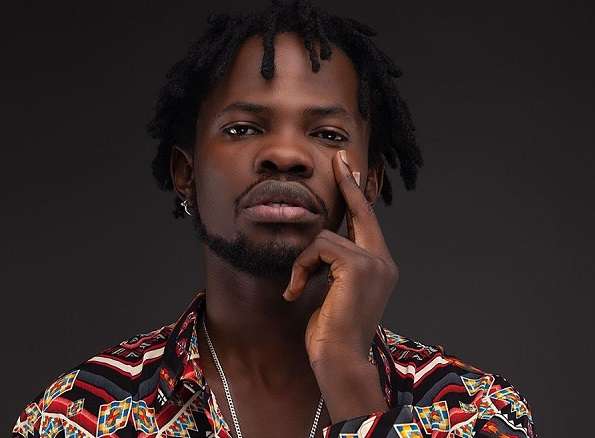In an era where globalization has made English the lingua franca of the music industry, many experts and industry veterans are advocating for up-and-coming artists to prioritize their local languages in their creative expressions.
This shift is not merely a trend but rather a cultural renaissance that seeks to celebrate and preserve linguistic diversity while fostering deeper connections with audiences.
The music industry has long been dominated by English-language songs, with major markets like the United States and the United Kingdom setting the tone for global trends.
However, as the world becomes increasingly interconnected, a burgeoning appreciation for music reflects local cultures, traditions, and languages.
The rise of platforms like Spotify and YouTube has democratized music distribution, allowing artists from diverse backgrounds to reach global audiences without the need for English as a primary medium.
Ghanaian musician, Fameye, has encouraged emerging artists in the country to embrace singing in their local dialect.
The ‘Very Soon’ hitmaker emphasized that songs in local languages tend to generate more income than those in English.
“I will advise upcoming artists to sing in our local languages because that’s where the money is. While some suggest we should sing in English like our Nigerian counterparts, trust me, the financial success lies in our local dialects.”
Fameye
Artists who sing in their native languages often convey a sense of authenticity that resonates deeply with listeners. Local languages encapsulate unique cultural nuances, idioms, and emotions that are lost in translation.
This authenticity creates a more profound connection with audiences, fostering loyalty and engagement. By prioritizing local languages, artists play a crucial role in preserving their cultural heritage.

Fameye cited examples of some artists who have thrived by embracing local languages.
“If you watch people like Amakye Dede, Daddy Lumba, and the rest, they all made money through our local language. Even McBrown is making it because Twi is playing a major factor.”
Fameye
Many languages are at risk of extinction, and music is a powerful medium for keeping them alive. Through their songs, artists celebrate their roots and inspire pride in their communities.
While English dominates in many markets, there is a growing appetite for music in local languages.
Genres like K-pop, Latin music, and Afrobeat have seen explosive growth, demonstrating that audiences are eager for diverse sounds and narratives. By embracing local languages, artists can tap into niche markets and cultivate dedicated fan bases.
Language is a vessel for storytelling. Local languages often carry specific cultural references and storytelling traditions that enhance the narrative quality of songs.
Several artists have successfully navigated the global music scene while singing in their local languages, serving as inspirations for emerging talents.
Burna Boy, the Nigerian Afro-fusion artist has gained international acclaim with his songs primarily in Yoruba and Pidgin English.
His ability to blend traditional African rhythms with contemporary sounds has garnered him a global audience, culminating in a Grammy Award for his album “Twice as Tall.”
Challenges and Considerations

While the push for local languages is gaining momentum, artists still face challenges.
Some artists fear that singing in their local language will limit their commercial viability. Overcoming this perception requires a shift in how the industry evaluates success and a broader acceptance of diverse musical expressions.
Emerging artists lack access to the same resources and marketing opportunities as their English-speaking counterparts. Building supportive networks and collaborations can help mitigate these challenges.
Fameye stated that once these artists establish themselves and gain fame and income, they can consider blending English with the local dialects. “But for now, they should focus on doing music in their local language,” he added.
Events like the Womad Festival and the GlobalFest celebrate world music and provide platforms for artists to sing in local languages. These festivals offer exposure and networking opportunities that propel artists into the global spotlight.
The call for up-and-coming artists to prioritize local languages over English is not just about music; it is a broader movement toward cultural preservation, authenticity, and diversity.
By embracing their linguistic heritage, artists create a more inclusive music industry that reflects the rich tapestry of human experience.
As the world continues to celebrate its diversity, the future of music very well lies in the power of local languages, inviting listeners to connect with art that speaks to their hearts and souls.
READ ALSO: Mahama Commended for Addressing Basic Schools Furniture Shortage























